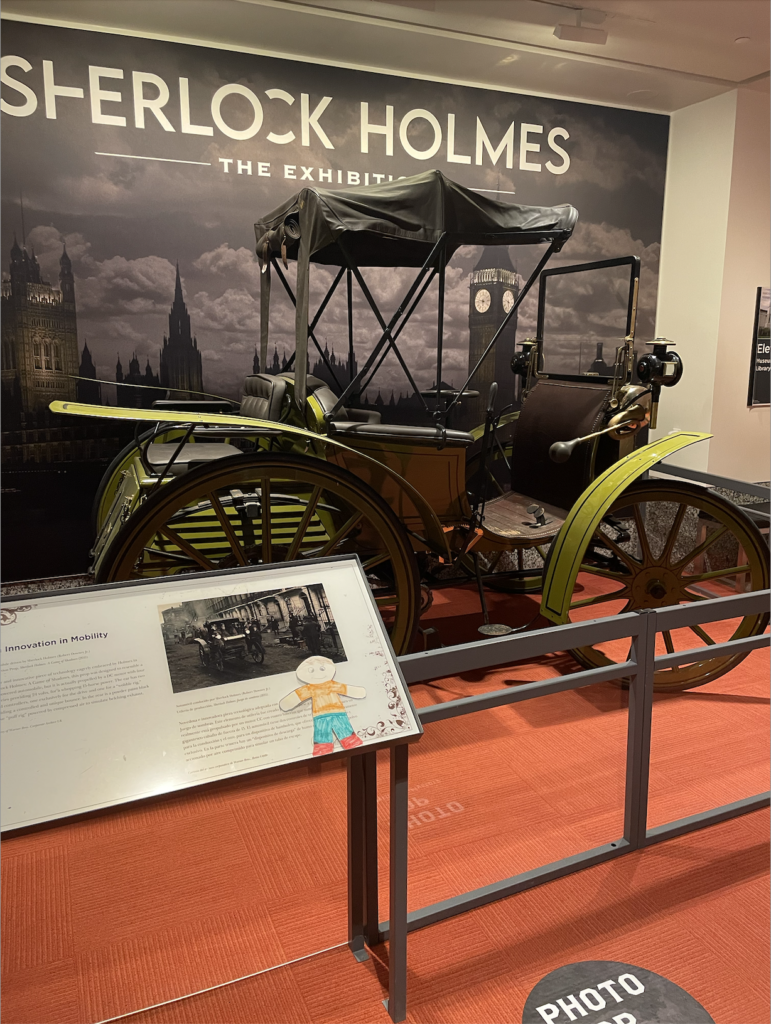
By Catherine Kane ’26
Macalester’s location between downtown St. Paul and downtown Minneapolis means many professors take their classes into the metropolitan area. We chatted with a few of them about their spring expeditions.
Energy Justice
Professor Roopali Phadke
What is the focus of the course?
Energy Justice builds on the concepts of environmental and climate justice, with a focus on the visible and invisible infrastructures that produce, deliver, maintain, and transform our economies and societies. Students will dive into understanding the existing patterns of energy injustice and their own energy footprint. They will also consider what a more just energy system and society looks like.
What did you do with your students on a recent field trip?
We went three hours north to the site of the proposed Talon mine. Here, the company plans an underground mine to provide “green nickel” to the EV industry, and has a contract with Tesla. We met with company officials, toured the core shed where they are studying rock samples for high grade deposits and visited the site where drill rigs are sampling. We then meet with local activists and Indigenous leaders who are challenging the project. We planned this field trip with another course, international studies professor Alix Johnson’s ‘Infrastructure.’
What do people get wrong about this subject?
That the new energy economy will simply be better than the fossil fuels economy we are replacing. A true energy revolution is as cultural as it is technological.

Crafts of Writing: Fanfiction and Revisions
Professor Matt Burgess
What is the goal of the course?
It’s a creative writing course, with students writing within four different fictional universes: the Sherlock Holmes stories, Star Trek episodes, fairy tales, and the Cthulhu Mythos. My hope is that by playing around in these different sandboxes, students will be able to develop their own unique voice across a variety of genres.
How has the course engaged with the Twin Cities?
For each of the four sections of the course, we’re taking a field trip to better inform our writing. At the start of the semester, for instance, we went to the Minnesota History Center’s Sherlock Holmes exhibit. The exhibit had an interactive mystery-solving component, as well as a number of nineteenth-century artifacts, which helped the students better visualize the Victorian setting of their own fanfics.
What are some misconceptions about fanfiction?
We recently read a fairy tale re-vision with the line, “the story will change if it needs to,” which a student nicely identified as the whole point of this class. At its best, fanfic is a dynamic and mutually supportive community that speaks truth to power. That’s why larger institutions are so quick to dismiss it. And that’s why it’s so vital.

Research in Immunology
Professor Elena Tonc
What is the goal of the course?
This course is a research design and methods course that focuses on specific questions that are part of a larger research project that is continued year after year. Our lab is studying the immune system’s role in vulvodynia, a chronic pain condition of the vulva that afflicts around 10% of women-identifying individuals. The research project was started by Professor Devavani Chatterjea, who is on sabbatical this academic year, and Research in Immunology students are participating in the project. Students learn how to read primary literature, design and conduct experiments, and communicate their original results.
How has the course engaged with the Twin Cities?
We went to the Minnesota State Capitol for the annual Minnesota Private Colleges Scholars Showcase to support Macalester peers from our lab that were presenting and to learn about research that is happening at other colleges. Chronic pain and vulvodynia are areas of study that are relevant to the general public, especially for those advocating on behalf of women’s issues.
How were students able to interact with the showcase?
Research across all disciplines was presented, so my biology students got to learn about theater and sociology research, for example. I hope that seeing other undergraduate students’ research inspires them on their own research journeys!
April 12 2023
Back to top




